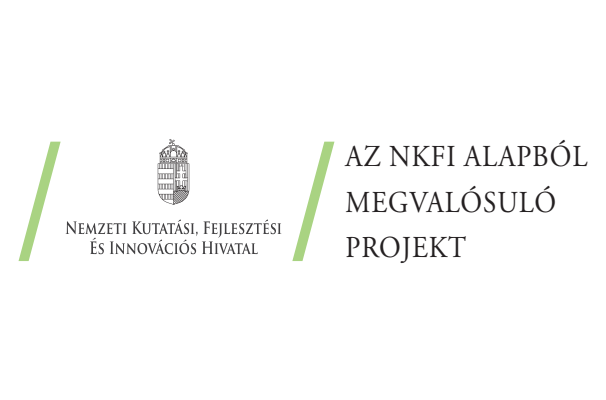Title: Multiparametric Immunphenotypic Study to characterize diabetic patients
Consortium leader: TS Labor Ltd.
Consortium member #1 : AVIDIN Ltd.
Consortium member #2 : HR – PHARMA Ltd.,
Consortium member #3: Biological Research Centre Szeged
Date of the grant: 01/12/2018
Duration: 01/12/2018 – 30/11/2021
Grant amount: HUF 647 544 171
Completion date of the project: 30/11/2021

The prevalence of type 2 diabetes mellitus (T2DM) has been increased in the developed countries over the past decades. Both genetic predisposition and lifestyle management contribute to the development of diabetes. Obesity (visceral fat accumulation) and the lack of daily physical activity elevate the probability of the appearance of the diabetic symptoms. The most frequent complications are cardiovascular diseases, nephropathy, neuropathy, eye damage, skin damage and higher incidence of Alzheimer disease. Although the aforementioned symptoms are diverse both could emerge directly or indirectly from the high blood sugar level. In order to dissect the systemic pathomechanisms and predict the evaluation of complications or estimate the benefit (or failure) of a given therapy we need to identify novel markers.
The current project proposal investigates the gene expression pattern by single cell genomics and the proteomic profiling of the blood samples of diabetic patients at single cell resolution by mass cytometry. This combinatorial approach could reveal the sub-types of diabetes and the severity of complications.
The consortium has access to the cutting-edge mass cytometry technology which is able to analyze single cells stained by heavy metal labeled antibodies. Mass cytometry combines advantage of flow cytometry acquiring single cells with the broad channel number of mass spectrometry. Comparing to the most developed flow cytometer measuring 24 markers in a single tube, the hybrid mass cytometer can achieve higher complexity up to 54 parameters recorded from one sample. Moreover, the mass cytometer available in the HAS BRC has 135 channels so it is expected that the complexity will be increased in the future with the enlargement of the resource of metal tags. We aim to classify diabetic patients regarding symptoms and complications associated with a given immune-phenotype based on the multiparametric characterization by mass cytometry and single cell genomics. The consortium intends to establish complex immune panels which can later be developed for diagnostic products.
The disease progression and different phases of the diabetes will be analyzed in animal models by immunophenotyping of blood. This will be done by a specialized small-size company, by HR-Pharma Ltd. Both the cellular features prior the diabetes and the early onset of the diseases could be characterized with the potential to identify diagnostic markers. The potential diagnostic markers have to be validated not only in animal models but also in human blood. The coordinator of the consortium, TS Labor Ltd. investigates the non-cellular compositions of the blood by biochemical and proteomical approach. According to the results of immunophenotyping, protocols will be developed to enrich cell populations of interest for later research. One of the members of the consortium, the small-size company, Avidin Ltd. will analyze both animal and human samples by its own high-throughput genetic assays. The academic partner of the consortium, HAS Biological Research Centre will carry out the mass cytometric analysis of human and animal blood samples. Not only the marker profiling but also the functional activity of immune cells will be analyzed ex vivo which will lead to the discovery of activation markers. Markers identified in the frame of current project proposal could be implemented in the clinical diagnostic routine. The novelty of the project is the high dimensional characterization of the leukocyte sub-populations which could not be done with former technologies prior to the era of mass cytometry. Smaller changes in the percentages of leukocyte sub-types could be detected by mass cytometry which could predict either the severity of diabetes or the probability of certain complications. We aim to create and test a diabetes specific immune panel by the end of the project.



